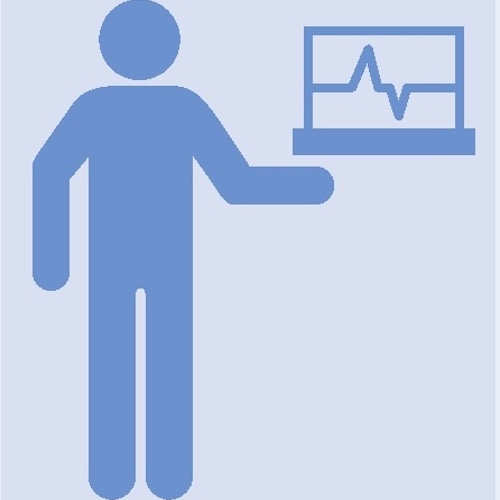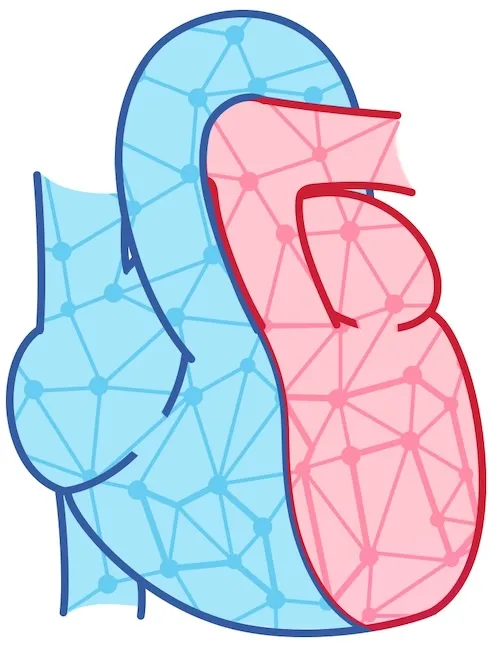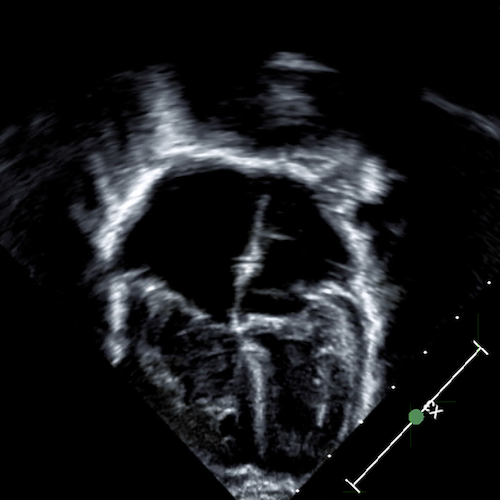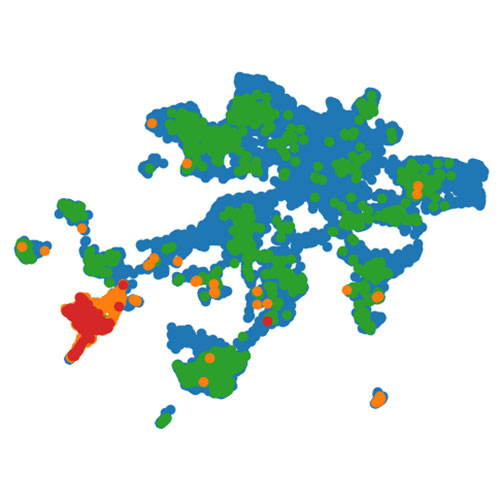The global prevalence of congenital heart disease is ~1 case per 100 live births. Disparate access to expert pediatric cardiologist care persists in the United States and more broadly worldwide, with >90% of children in low- and middle-income countries lacking access to cardiovascular care. These considerations collectively underscore the need for scalable and accessible technology tailored to the congenital heart disease population that can democratize pediatric cardiology care.
The Congenital Heart Artificial Intelligence (CHAI) Lab—founded and directed by Dr. Josh Mayourian, MD, PhD and co-directed by Dr. John Triedman, MD—aims to address this technological gap by developing and implementing advanced diagnostic tools to support pediatric and congenital cardiac care worldwide by leveraging AI and data science.
In pediatric cardiology, complex anatomy, lifelong pathophysiology, and variable clinical trajectories challenge conventional statistical modeling approaches and preclude the use of adult cardiology AI algorithms. The Department of Cardiology has established the CHAI Lab as an AI Center of Excellence, bringing together clinicians, clinical researchers, computational scientists, and informatics experts to collaboratively build, study, test and implement AI tools specific for pediatric and congenital heart care. The CHAI Lab has published seminal AI papers in pediatric and adult congenital heart disease in top-tier journals such as Circulation, JACC, European Heart Journal, and Lancet: Digital Health.

AI-ECG
AI-enabled electrocardiograms and wearables to democratize screening and risk stratification.


